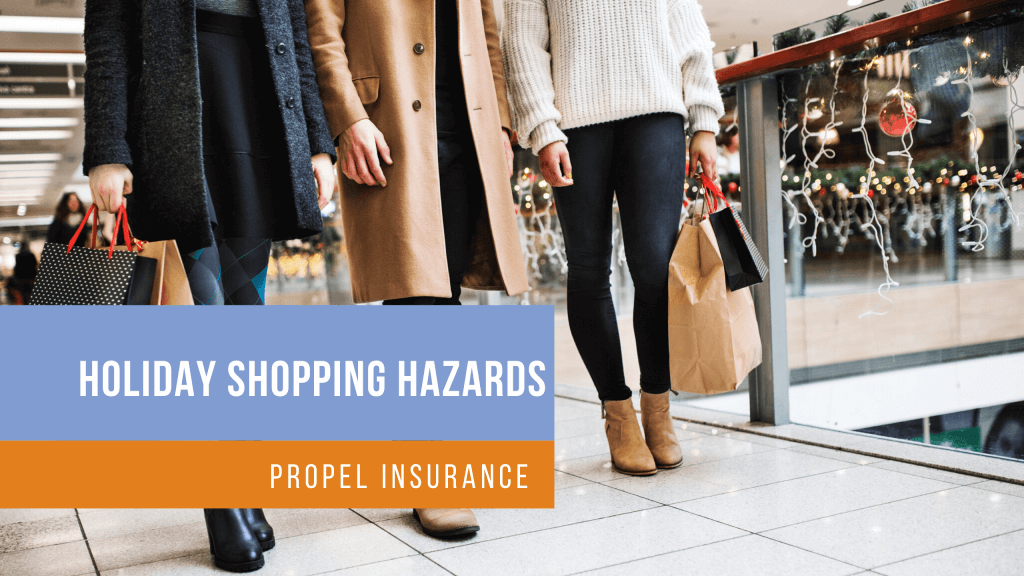Propel provides innovative insurance solutions to thousands of companies across the country. We make it our business to know your world inside and out.
Cyber Security, Small Business
Holiday Shopping Hazards
Certainly it is sometimes fun and exciting, but being in a crowded, unfamiliar store and searching for that perfect gift can also be very stressful. During these times we may be more susceptible to holiday shopping hazards.
Imagine this: while you are distracted looking at the latest electronic who-knows-what, someone swipes your purse or your wallet and cell phone. Only a few minutes go by before a security guard finds the cell phone – thank goodness! – but your wallet appears to be gone for good.
About twenty minutes later, your cell phone rings. “Good afternoon, this is your credit card company. We have notice a few unusual charges. Have you lost any of your credit cards?”
“Yes! I did lose my credit cards! My wallet was just stolen! I’m so glad you called!”
The helpful woman with an official sounding voice just needs to know the PIN number for your ATM card to cancel the cards and prevent further theft. Relieved, you tell it to her over the phone.
Of course, what you don’t realize is that before the thieves abandoned your cell phone – no doubt in a spot easy for the security guard to find it – they turned it on and wrote down your phone number. Those same thieves are the “bank employees” that just called you. Now they have your PIN number and are stealing even more than just your wallet.
Remember that a real bank employee will never ask for your PIN number over the phone.
The holidays are full of once-a-year traditions and unfamiliar experiences. These are wonderful, but they also cause stress and criminals will exploit people who are wading through unfamiliar waters. Consumers who don’t normally receive packages in the mail have to evaluate the authenticity of shipping notifications. Holiday “gift cards” sometimes seem real ,but require you to enter personal data in order to get your gift. And consumers desperate for the best deals can fall victim to fake advertisements.
A comprehensive list of holiday scams can be found here, on the Better Business Bureau website: https://www.bbb.org/holidayscams/
As this list reminds us, criminals seeking to scam consumers exert incredible effort and creativity in their consumer scams. They also put the same effort and creativity when they try to steal corporate information. Credit card information is particularly valuable this time of year, but any information – health information, social security numbers, banking credentials – all have serious value on the black market. And the holidays are no different than other times of years when it comes to corporate data breaches and cyber attacks.
Just this month, VTech, Hong Kong-based maker of technology for children’s toys, such as tablets and smart watches, was hacked. Lost was its database of customers, which included their names, genders, birthdates, e-mail addresses, encrypted passwords, secret questions, Internet address, mailing address and download history. Nearly half of the customers affected were in the United States.
Why would hackers want that information? Children can’t get credit, or file tax returns, after all. The products were toys! The answer is that identity thieves on the black market want the information and will pay for it.
Any business that has any Personally Identifiable Information can be the victim of a hacker attack. Maybe it’s just employee records, or vendor financing information. Not all attacks will be as costly as the attack at VTech or the famous examples of Target or Home Depot or TJ Maxx. But all companies should be prepared for such an event, by having a strong incident response plan and a good working knowledge of what information is stored on their systems and where. Insurance can also be very useful, and that’s where Propel can help. But more important than anything else is for all of us –consumers, employees, businesses and citizens – to be aware of the scams and keep in mind that the scammers are out there. Always, always stop to think before giving anyone confidential information.
Happy Holidays!


